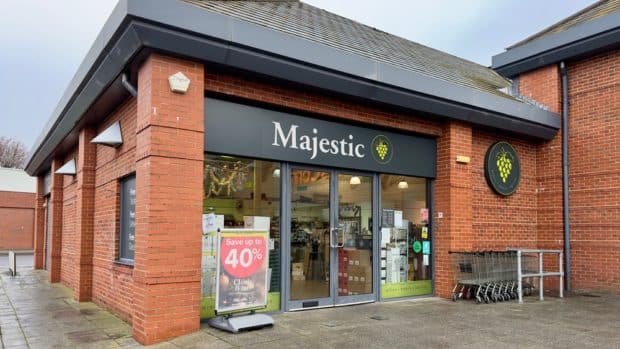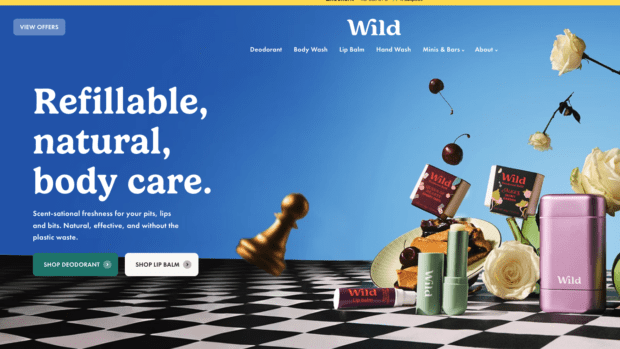Increasingly sustainably-minded and cost-conscious consumerism is driving a pre-loved fashion revolution. Now UK shoppers make twice as many apparel purchases on second-hand platforms than they make on social media, according to the latest data from True Fit, a data-driven platform that decodes fit and size for apparel and footwear retailers.
With the global fashion resale market expected to grow 127 per cent by 2026 – three times quicker than the wider clothing industry as a whole – original research of over 1,000 UK shoppers by True Fit revealed that now UK consumers make twice as many fashion purchases on pre-loved platforms (20 per cent) than on Facebook (10 per cent) and almost double compared to Instagram (11 per cent).
With circular fashion platform, Depop, reporting that 90 per cent of its active users are under the age of 26, this trend continues to be led by Gen Z which, according to a Boston Consulting Group study, were the most likely demographic to buy and sell pre-owned fashion. True Fit’s poll showed that now a third (33 per cent) of Gen Zers shop fashion on pre-loved platforms, a quarter (25 per cent) choose to buy clothing from vintage stores and a further (30 per cent) will head to charity stores. This compares to 19 per cent of the same demographic who make fashion purchases on Facebook and 27 per cent who use Instagram.
And, as demand for pre-loved fashion continues to grow, with analyst GlobalData estimating the second-hand fashion market will reach $84 billion by 2030, retailers are evolving their circular fashion offerings at pace. Seasalt, for example, launched its resale platform earlier this month, while H&M also announced it would extend its H&M Pre-Loved offer into the U.S. market and fast-fashion brand, SHEIN, also unveiled its SHEIN Exchange resale platform.
Sarah Curran, Global CMO at True Fit, commented: “Driven by sustainability, affordability and exclusivity, second-hand is fast becoming first-choice for many consumers who seek to consume fashion in a more mindful way. This provides retailers with a tangible opportunity to acquire new cohorts or audiences who might experience their brand first in a pre-loved format, having not considered the brand previously. The challenge then lies in bringing them back to the brand again to explore current collections or encourage repeat-custom within the retailer’s existing portfolio or product catalogue.”
“We’re also seeing the green imperative now evolving the services consumers expect from retailers, with repair and rental indexing highly amid these new expectations, as well as the trend towards the ‘slow fashion’ movement gathering pace,” Curran added.
Offering budget lines that are still sustainably created was the top way 34 per cent of UK shoppers felt retailers could help them consume in a more sustainable manner, according to True Fit’s research, followed by clearly stating sustainable credentials on clothing labels (28 per cent) and offering repair services (27 per cent). Meanwhile, over half (58 per cent) of UK consumers would consider swapping fast for slow fashion in the future to be more environmentally conscious in their buying choices, rising to 67 per cent of Gen Z and 61 per cent of Millennials.








Share